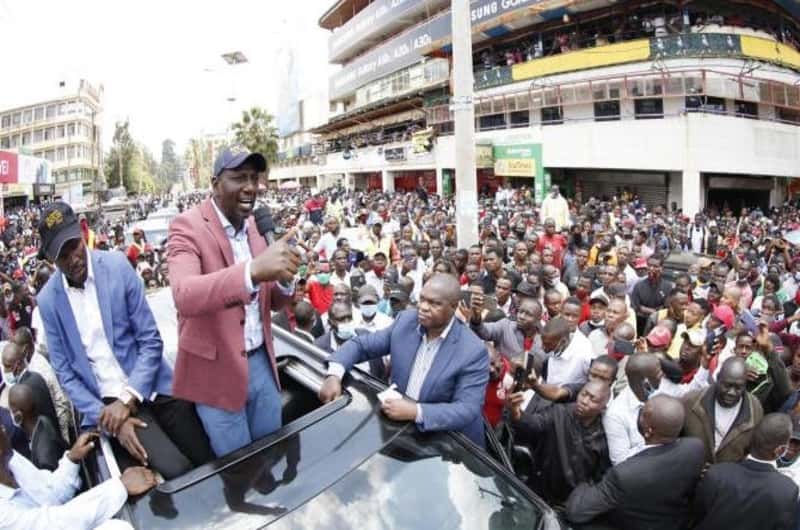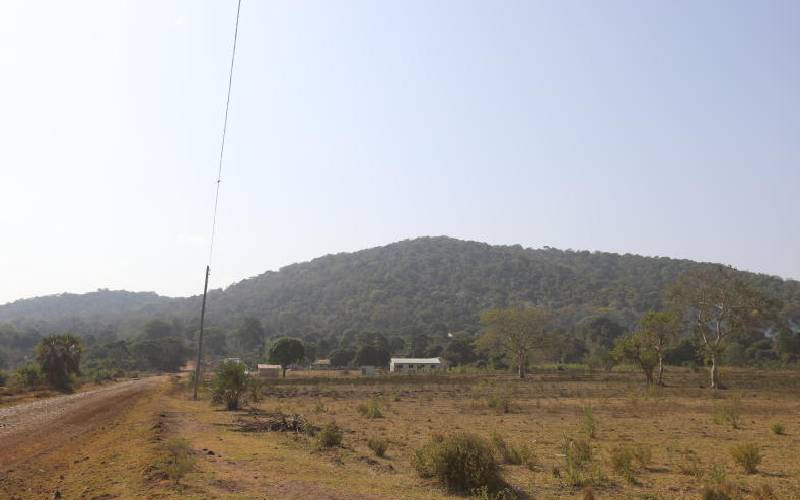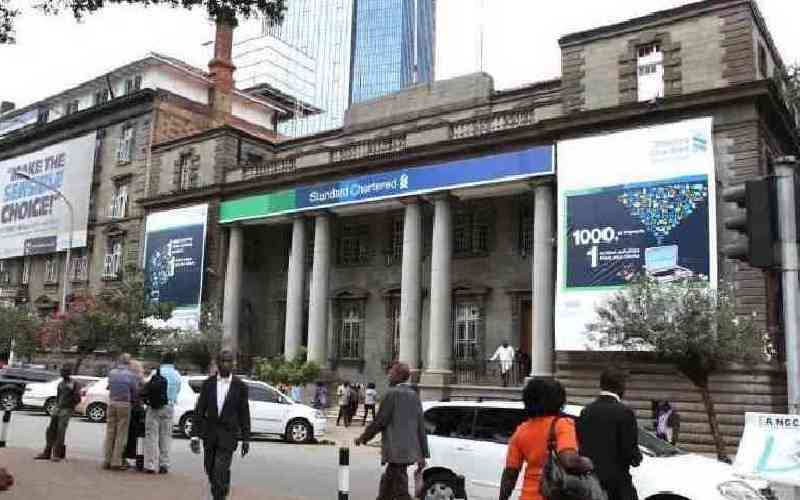
An anecdotal story — some claim it to be true — is told about some farmers' ingenuity during the time of drought. They reportedly wrap green cellophane around the eyes of their cattle, through which the most dehydrated grasslands appear tantalisingly green and succulent. The cruelty of deceiving emaciated animals into eating thistles and briars and then extracting the last drop of milk, or blood, from them, stands out as an apt metaphor for the cruelty of the Kenyan political scene.
Yet in itself, politics is innocuous and even necessary. Someone said that Kenya's politics is 'very brutal, cunning, complex and demanding; the weak can barely survive. It has no respect for long-term planning and can upset and suck. It seems to stay on quick fixes while revolving around some key permanent personalities and brokers.
But as the cliché goes, there is such a thing as too much of a good thing.
Kenyan politicians have tinctured everything around us through incessant torrents of outright and subliminal messages, the incurably political 'cows', with the colour of politics. Most newspaper headlines, social media discourses, interpersonal interactions, entertainment, and increasingly, religious identities are politics by any other name. Are you Tangatanga or Kieleweke? We seem to eat, drink, breathe and dream politics. In the farmers' story, the cows at least get to eat the dry grass. The Kenyan political cellophane does not benefit the 'cows' at all.







